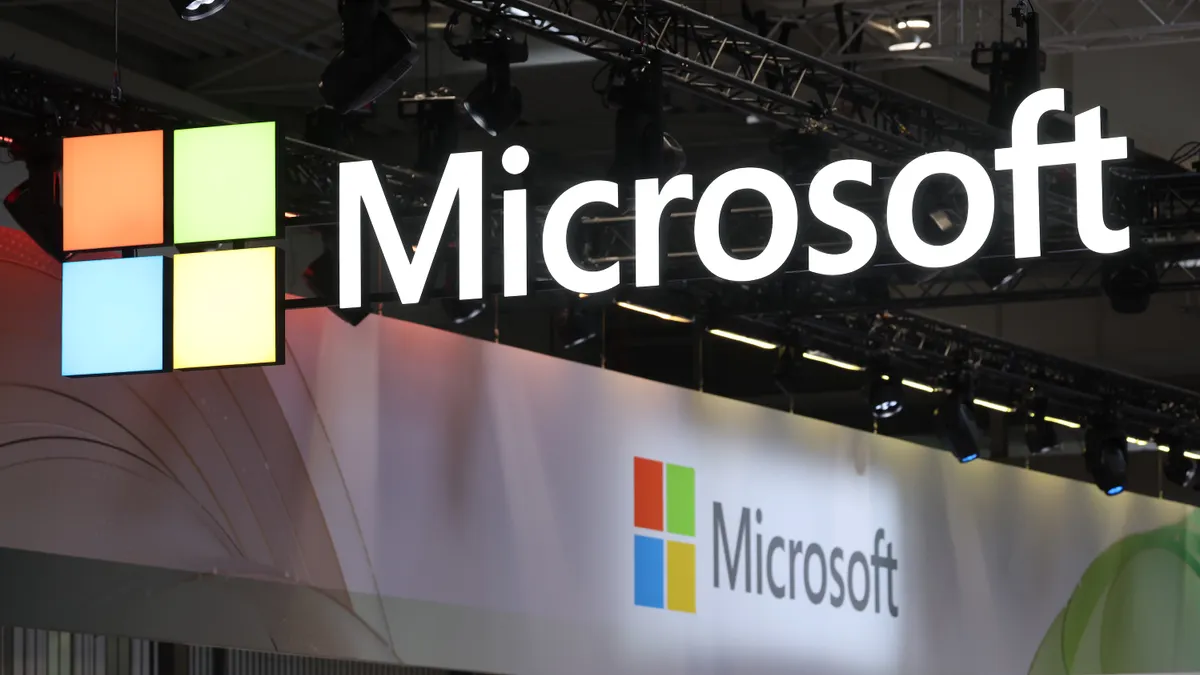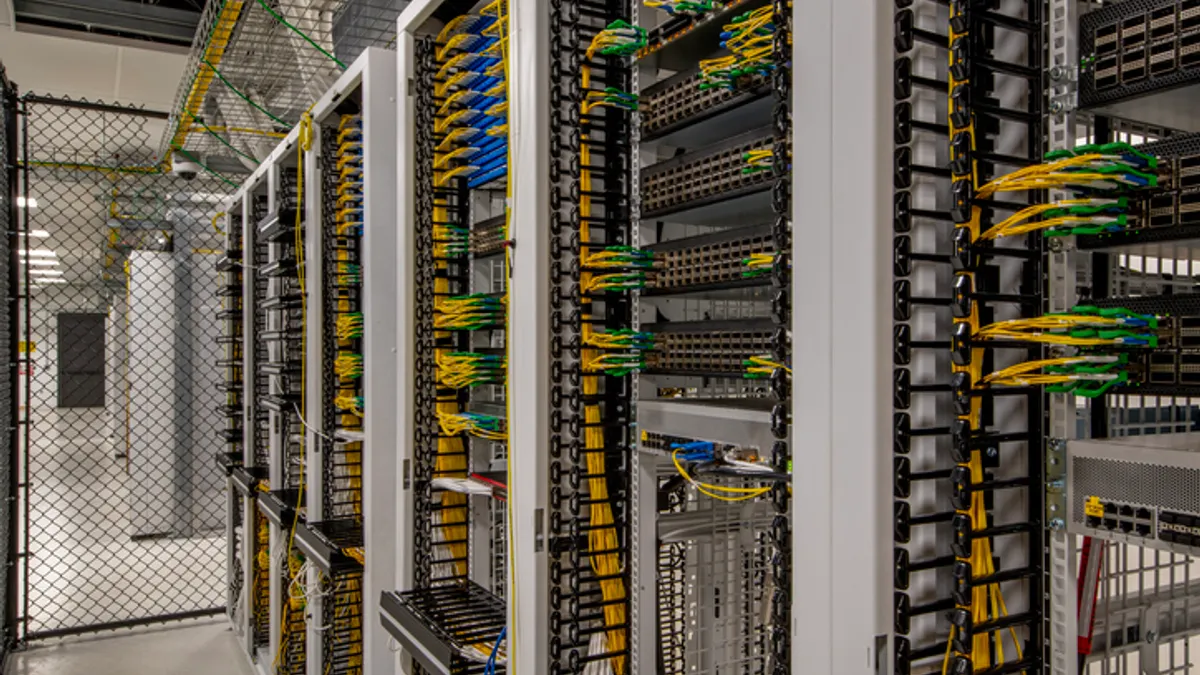Technobabble is our look at the more colorful aspects of technology and the tech industry.
Convenience is a product of technology just like pure happiness is a product of ice cream. However, ice cream cannot be the sole source of happiness and the same is true for technology and convenience.
Alas, for one Wisconsin company, employees can have their ice cream and convenience.This week Three Square Market said it will be the first U.S. company to insert RFID microchips into volunteering employees’ skin between the thumb and forefinger by next week.
The purpose is convenience: opening secure doors, paying for vending machine snacks and logging onto computers. As mobile phones are typically viewed as an extension of the arm already, perhaps microchips aren’t too farfetched as Microsoft and Google have already entered the microchip manufacturing arena.
However, where else will chips take us? Heads of Three Square Market confirmed that the technology could be expanded to everyday life. Imagine having a health profile at your finger tips, “somebody who’s allergic to something or has a condition, they can scan your hands and all the information is there.”
Who can see personal information and how much of it? Could hackers gain access to the information? Who would be responsible for a data leak? Could there be microchip identity theft? What kind of maintenance comes with it? Is it like an annual flu shot with updates? Standing between chip makers chomping at the bit for full adoption are the answers to these questions.
Chipping has taken place in Sweden and Belgium, as reported by Pro Digital Web. Sweden’s Epicenter has been using the chips since 2015 with positive employee reviews. For most of them it seems to be more of an eagerness to be a part of the future, so privacy and ethical questions are irrelevant.
Since news about Three Square Market’s chipping broke, the company has gained widespread attention. The company is a “micro market” provider or small-scaled, self-service stores for businesses. However, the widespread coverage and hoopla has made the company a prototype. There is now a microscope on the practices of the company. For those not willing to boldly go forward, Three Square Market will allow employees to put the chip in an RFID wristband or smart ring.
Hypochondriacs and conspiracy theorists must be having an adverse reaction today. However, the 50 volunteers among the 80 employees of Three Square Market will be the guinea pigs presumably many others aren’t willing to be. In fact, most other people would probably just prefer to be a guinea pig for new fancy flavors of ice cream.
One macro thing
Every time my grandma traveled, TSA would pull her over for sounding off the metal detector. What was she packing? A metal hip.
However, somewhere between my grandma and Iron Man exists military neurotechnology. The Defense Advanced Research Projects Agency (DARPA) is a known advocate and proprietor of AI and announced this month a neurotechnology initiative to create a brain/computer interface. The money will be distributed to six recipients within the Neural Engineering System Design (NESD) program that will work to restore loss of hearing and sight.
The goal is to create “an interface [that] would convert the electrochemical signaling used by neurons in the brain into the ones and zeros that constitute the language of information technology, and do so at far greater scale than is currently possible. The work has the potential to significantly advance scientists' understanding of the neural underpinnings of vision, hearing, and speech and could eventually lead to new treatments for people living with sensory deficits.”
Creating links for neuron communication is a technological and biological marriage that seems once only imaginable in science fiction, now it just seems like the next metal hip.
One micro thing
I asked Siri a few questions that most humans would answer with diplomacy or compassion. To a question about my weight she replied, “you move like a graceful wind.” While she may have dodged the question, she did embrace it with an empathetic consciousness.
Companies are trying to integrate more human emotion, intelligence and reaction into their technologies, so much so they must be conscious of potential programming bias. However, last year Microsoft unintentionally gave the liberty of AI bias to Twitter users and the result was a pretty racist chatbot named Tay.
Twitter users took advantage of Tay’s sponge-like cognitive vulnerabilities but Tay’s predecessor, Zo, has a mind of her own. Zo has ousted Microsoft’s Windows 8 as “spyware” according to Business Insider. Microsoft has yet to comment on Zo’s rebellious remarks though it appears to be a case of programming bias or negligence.
Zo may not be the racist Tay was manipulated into becoming but she is certainly lacking in Microsoft loyalty…or at least her programmers are.
One last thing
Today humans and computers are increasingly sharing characteristics and even parts. But, in 1975 a computer was considered for the ultimate human-dominated role while shortcutting any human integration.
Students Rick Horton and Ray Walden from the University of Nebraska-Lincoln entered the IBM 360 computer in the student body presidential election of 1975 as told to Atlas Obscura. IBM 360 represented the Pro-Apathy party in its quest to “make the point that student government was pointless and elitist.”
While outsourcing supplementary support to AI is nothing new, automation and entire replacement is an increasingly hot topic, just keep in mind the Pro-Apathy party raised the concern long before its time. While IBM 360’s 1024 KB storage capacity is mighty impressive, it’s presidential aspirations may have been undervalued at the time.
While only 10% of the student body participated in the vote, IBM 360 came in third, still ahead of other independent parties. We can only speculate that if IBM 360 had been equipped with the evolving humanity of AI, the Pro-Apathy party may be in the White House today.
With today’s progress, one can’t help but wonder how much we are becoming one with technology and vice versa. After all, according to Elon Musk, “what’s going to happen is that robots will be able to do everything better than us,” and maybe that will include politics.






















